Our Program
The majority of your courses will be taught by our full-time research faculty.
Below you can find a brief example of our curriculum, followed by short biographies of our faculty and information about their classes.
An Example of Our Curriculum
Our program is full-time and takes one calendar year to complete.
Fall Semester: 4 courses
-
- Introductory Statistics (POL 501)
- Research Methods (POL 504)
- Passionate Politics: Mobilization, Interest Groups, and Social Movements (POL 562)
- Behavioral Economics and Public Policy (POL 521)
Spring Semester: 4 courses
-
- Intermediate Statistics (POL 502)
- Dynamics of Public Opinion (POL 561)
- Moral Politics (POL 571)
- Culture, Values, and Public Opinion (POL 567)
Summer Semester: A capstone project
One of the following:
-
- Master’s Thesis (POL 568)
How long does the program take?
Our full-time program takes only ONE calendar year.
We want to get you onto the next phase of your life as quickly as possible. Thus, we keep the program brief but rigorous.
The program is full-time and in-person during the academic fall and spring semesters and involves a capstone project during the summer.
For students planning to go on to doctoral studies, we recommend doing a master’s thesis as the capstone. For all other students, we recommend doing an internship as the capstone.
On our program page, you can find more information about our faculty and classes, and see an example of the curriculum.
What does the program cost?
Tuition and fees at Stony Brook, set by the State University of New York, are considerably below those of comparable programs on Long Island and throughout the greater New York metropolitan area. Please visit the Student Financial Services pagefor a current listing of tuition and fees.
To apply for need-based aid, including student loans, students should complete and submit the Free Application for Federal Student Aid (FAFSA). Financial aid may be available for those who qualify.
Our Faculty and Classes
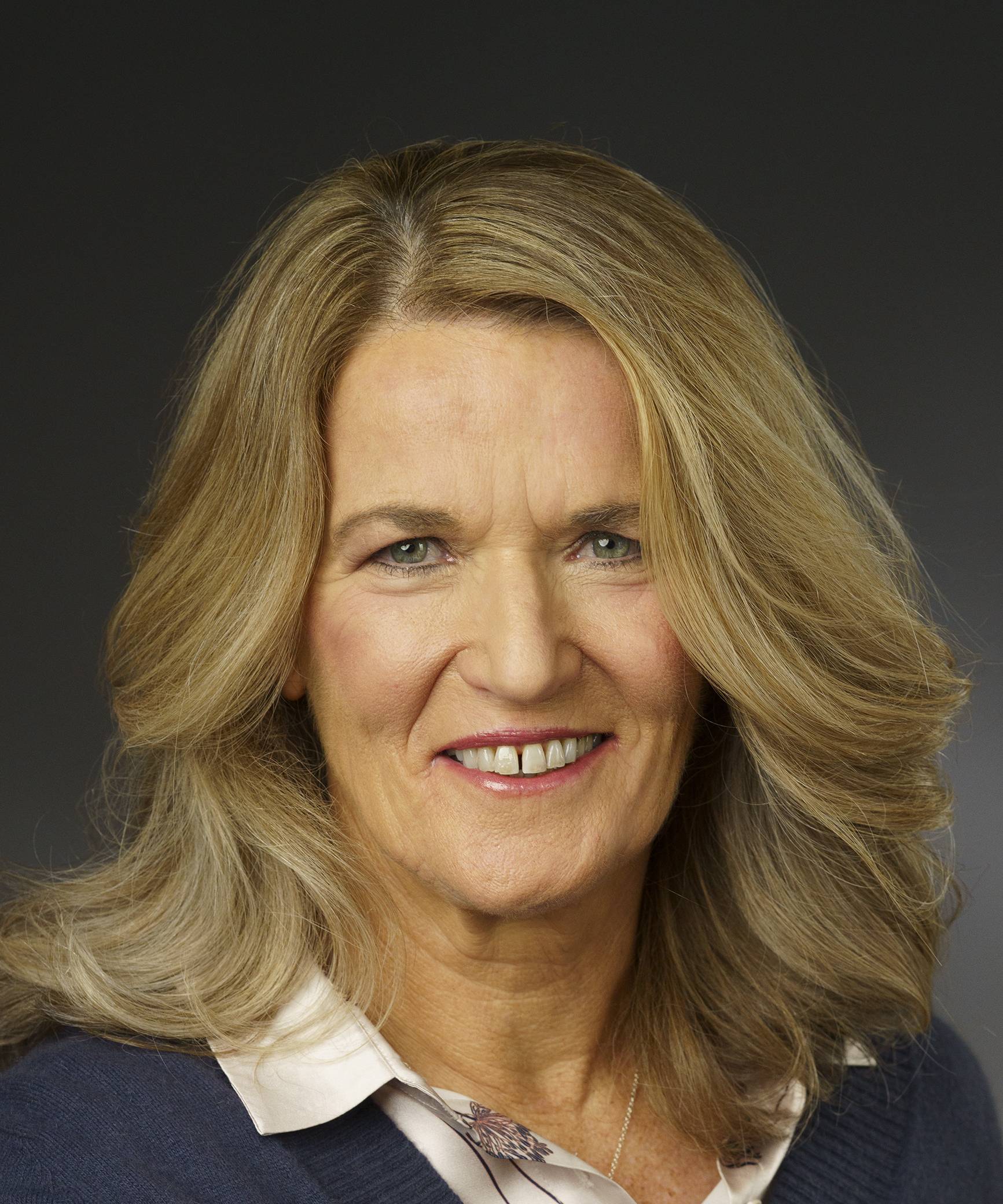
Leonie Huddy Teaches about Passionate Politics
Dr. Huddy is our department chair and a SUNY Distinguished Professor. She is a pioneer in creating the modern field of political psychology. For more on Dr. Huddy and her research, go here. Here’s what Dr. Huddy had to say about her course:
“In my Passionate Politics course, we’ll see how people’s social identities – their
attachments to important groups in their lives – mobilize them to vote and be politically
active. We’ll also look at the role of emotions like anger and anxiety in our political
lives.”
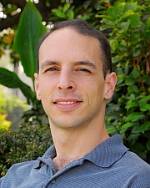 Peter DeScioli teaches about Moral Politics
Peter DeScioli teaches about Moral Politics
Dr. DeScioli is an Associate Professor. He studies how our moral minds lead us to create laws and politics. For more on Dr. DeScioli and his research, go here. Here’s what Dr. DeScioli had to say about his course:
“In my Moral Politics course, we’ll see how moral outrage can make citizens and legislators
refuse to compromise. Our moral convictions can grind negotiations to a halt, leaving
everyone worse off.”
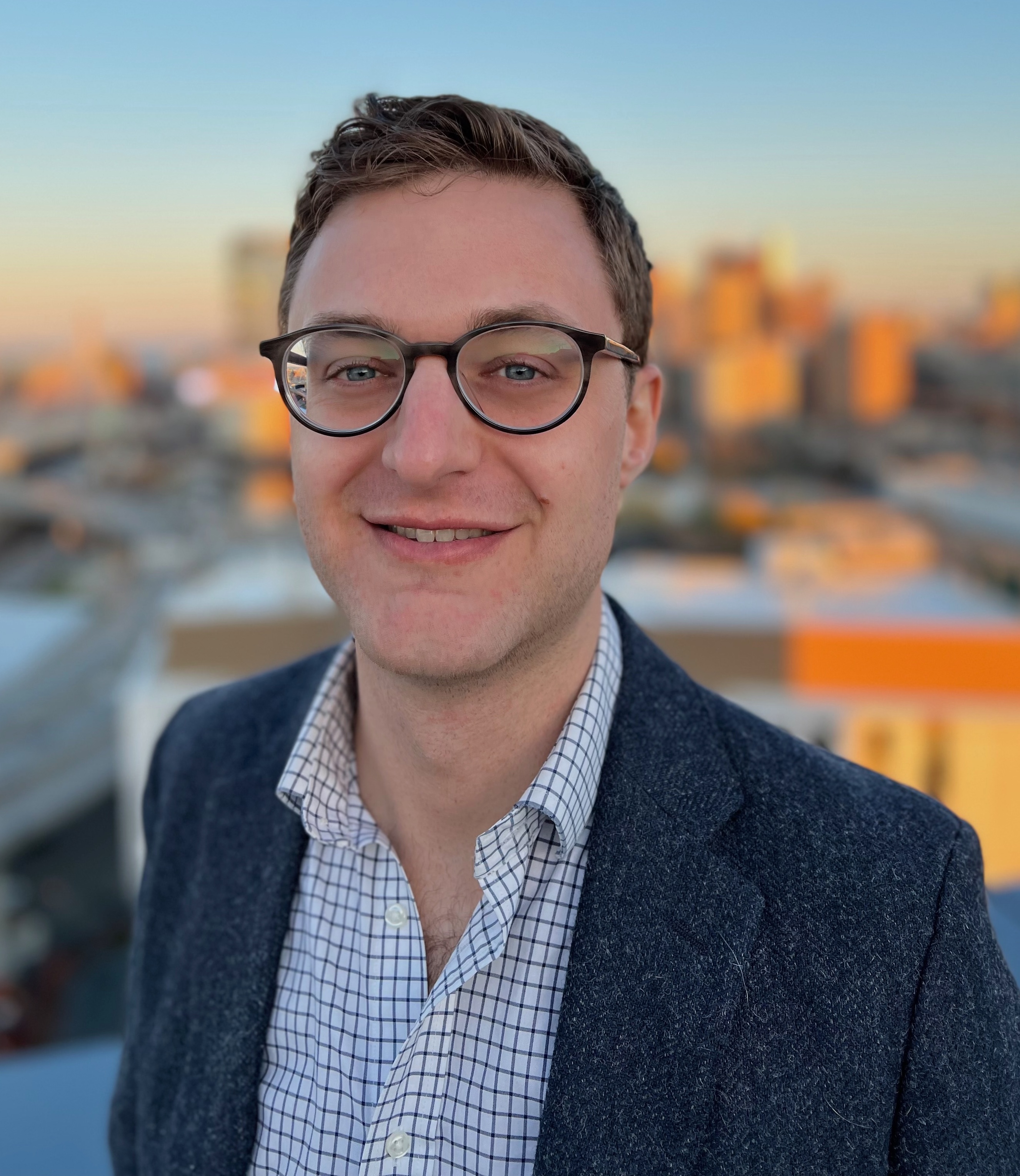 Brian Guay teaches about the Dynamics of Public Opinion
Brian Guay teaches about the Dynamics of Public Opinion
Dr. Guay is an Assistant Professor. He studies misinformation and political polarization. For more on Dr. Guay and his research, go here. Here’s what Dr. Guay had to say about his course:
“In my Public Opinion course, we'll explore how people form beliefs and attitudes
about the political world around them, and how this can lead to a strong democracy
or the type of widespread polarization we see in the U.S. today.”
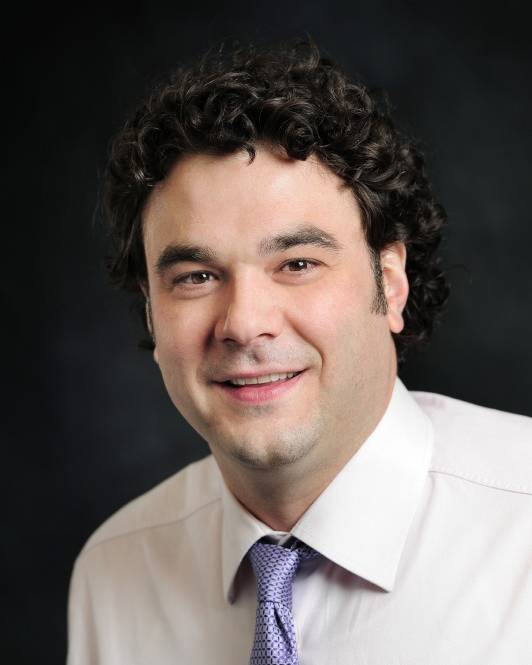 Reuben Kline teaches about Behavioral Economics
Reuben Kline teaches about Behavioral Economics
Dr. Kline is an Associate Professor. His research uses insights from economics to
make sense of politics, including topics like artificial intelligence and climate
change. For more on Dr. Kline and his research, go here. Here’s what Dr. Kline had to say about his course:
“In my course on Behavioral Economics and Public Policy, we will see how policymakers
can use our understanding of human psychology to design and implement better public
policies. We’ll also learn the latest techniques for evaluating the effectiveness
of a policy.”
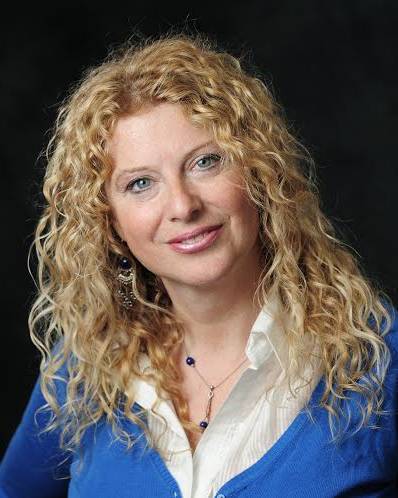 Gallya Lahav teaches about Culture and Values
Gallya Lahav teaches about Culture and Values
Dr. Lahav is a Professor in our department. She studies migration and integration
in democracies. For more on Dr. Lahav and her research, go here. Here’s what Dr. Lahav had to say about her course:
“In my course on Culture, Values, and Public Opinion, we’ll see how democracies are
affected by and react to culture, ideology, socio-economic cleavages, identity, and
xenophobia. We’ll also go in depth with important, world-wide surveys such as the
World Values Survey.”
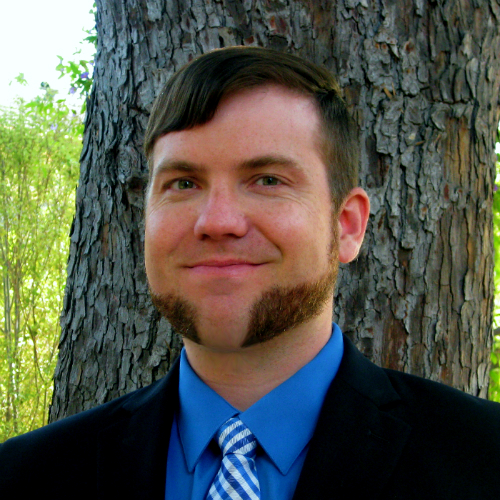 Andrew Delton teaches about Research Methods
Andrew Delton teaches about Research Methods
Dr. Delton is the director of the MA in Political Psychology and an Associate Professor. He studies rationality and emotions in politics, including their role in the politics of climate change and social welfare. For more on Dr. Delton and his research, go here. In addition to running the MA program, Dr. Delton also teaches in it. Here’s what he had to say about his course:
“In my Research Design course, we’ll learn about the techniques that political scientists
use to understand the world, including how to design surveys and experiments.”
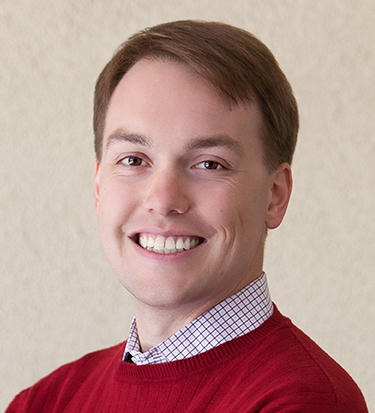 Andrew Engelhardt teaches Statistics
Andrew Engelhardt teaches Statistics
Dr. Engelhardt is an Assistant Professor. He studies inclusion and group-based inequality in multi-racial democracies. For more on Dr. Engelhardt and his research, go here. Dr. Engelhardt teaches our course on Intermediate Statistics and this is what he had to say about it:
“In my Statistics course, we’ll learn how to use state-of-the art stats programs to
analyze the data that political scientists collect.”
*Please note that although this is a typical curriculum and set of faculty members, courses and professors may change based on department needs. The current course bulletin, with all graduate political science courses, can be found here.
